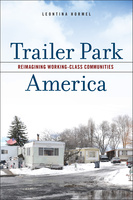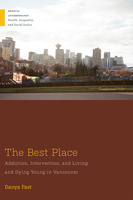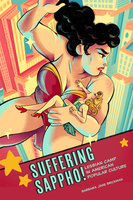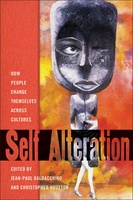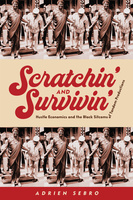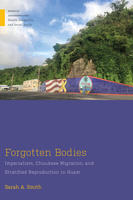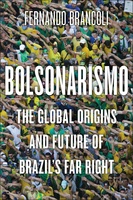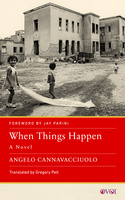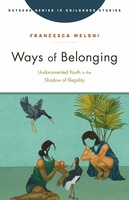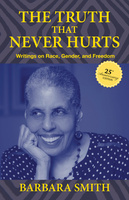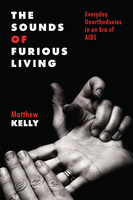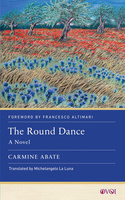Trailer Park America
Reimagining Working-Class Communities
The Best Place
Addiction, Intervention, and Living and Dying Young in Vancouver
Suffering Sappho!
Lesbian Camp in American Popular Culture
Self-Alteration
How People Change Themselves across Cultures
Self-Alteration: How People Change Themselves across Cultures approaches the subject of the self and its becoming through the exploration of modes of its transformation, including through religious and spiritual traditions and innovations; embodied participation in therepeutic prorams like psychoanalysis and gendered care services; and through political activism or relationships with animals. The essays in this collection show that both minor and major modes of self-alteration exist in many places and times, and across very different modern societies.
Scratchin' and Survivin'
Hustle Economics and the Black Sitcoms of Tandem Productions
Providing a critical history of Tandem Productions, the company behind nearly all the hit Black sitcoms of the 1970s, including Good Times, The Jeffersons, Sanford and Son, and Diff’rent Strokes, Adrien Sebro explores how their sitcom plots paralleled what was happening behind the scenes, as talented African-Americans devised strategies to gain creative agency and fair financial compensation.
New Israeli Horror
Local Cinema, Global Genre
Forgotten Bodies
Imperialism, Chuukese Migration, and Stratified Reproduction in Guam
Bolsonarismo
The Global Origins and Future of Brazil’s Far Right
When Things Happen
A Novel
Ways of Belonging
Undocumented Youth in the Shadow of Illegality
The Truth That Never Hurts 25th anniversary edition
Writings on Race, Gender, and Freedom
Barbara Smith has been doing groundbreaking work since the early 1970s, describing a Black feminism for Black women. This collection contains some of her major essays on Black women's literature, Black lesbian writing, on racism in the women's movement, Black-Jewish relations, and homophobia in the Black community. Her forays into these areas ignited dialogue about topics that few other writers were addressing at the time, and which, sadly, remain pertinent to this day. This 25th anniversary edition, in a beautiful new package, retains the urgency these essays had when they were first written.
The Sounds of Furious Living
Everyday Unorthodoxies in an Era of AIDS
The Sounds of Furious Living seeks to understand the AIDS activist tradition, identifying the historical currents out of which it arose. Embracing a patient-centered, social historical lens, it traces historic shifts in popular understanding of health and perceptions of biomedicine through the 19th and 20th centuries to explain the lasting appeal of unorthodox health activism into the modern era. In asking how unorthodox health activism flourished during the 20th century’s last major pandemic, Kelly also seeks to inform our understanding of resistance to biomedical authority in the setting of the 21st century’s first major pandemic: COVID-19. As a deeply researched portrait of distrust and disenchantment, The Sounds of Furious Living helps explain the persistence of movements that challenge biomedicine’s authority well into a century marked by biomedical innovation, while simultaneously posing important questions regarding the meaning and metrics of patient empowerment in clinical practice.
The Round Dance
A Novel
The Brodsky Center at Rutgers University
Three Decades, 1986-2017
The Brodsky Center at Rutgers: Three Decades, 1986-2017, chronicles the history and artists involved with an internationally acclaimed print and papermaking studio at Rutgers University. Judith K. Brodsky conceived, founded, and directed the atelier, which, from its onset, provided state-of-the-arts technology and expertise for under-represented contemporary artists — women, Indigenous, and from diasporas of the African, Eastern European, Latin and Asian communities — to make innovative works on paper. These artistic creations presented new narratives to American and global visual arts from voices previously not heard or seen.
Playful Frames
Styles of Widescreen Cinema
Playful Frames: Styles of Widescreen Cinema studies the poetics of the auteur-driven widescreen image, offering nimble, expansive analyses of the work of four distinctive filmmakers – Jean Negulesco, Blake Edwards, Robert Altman, and John Carpenter – who creatively inhabited the nooks and crannies of widescreen moviemaking during the final decades of the twentieth century.

